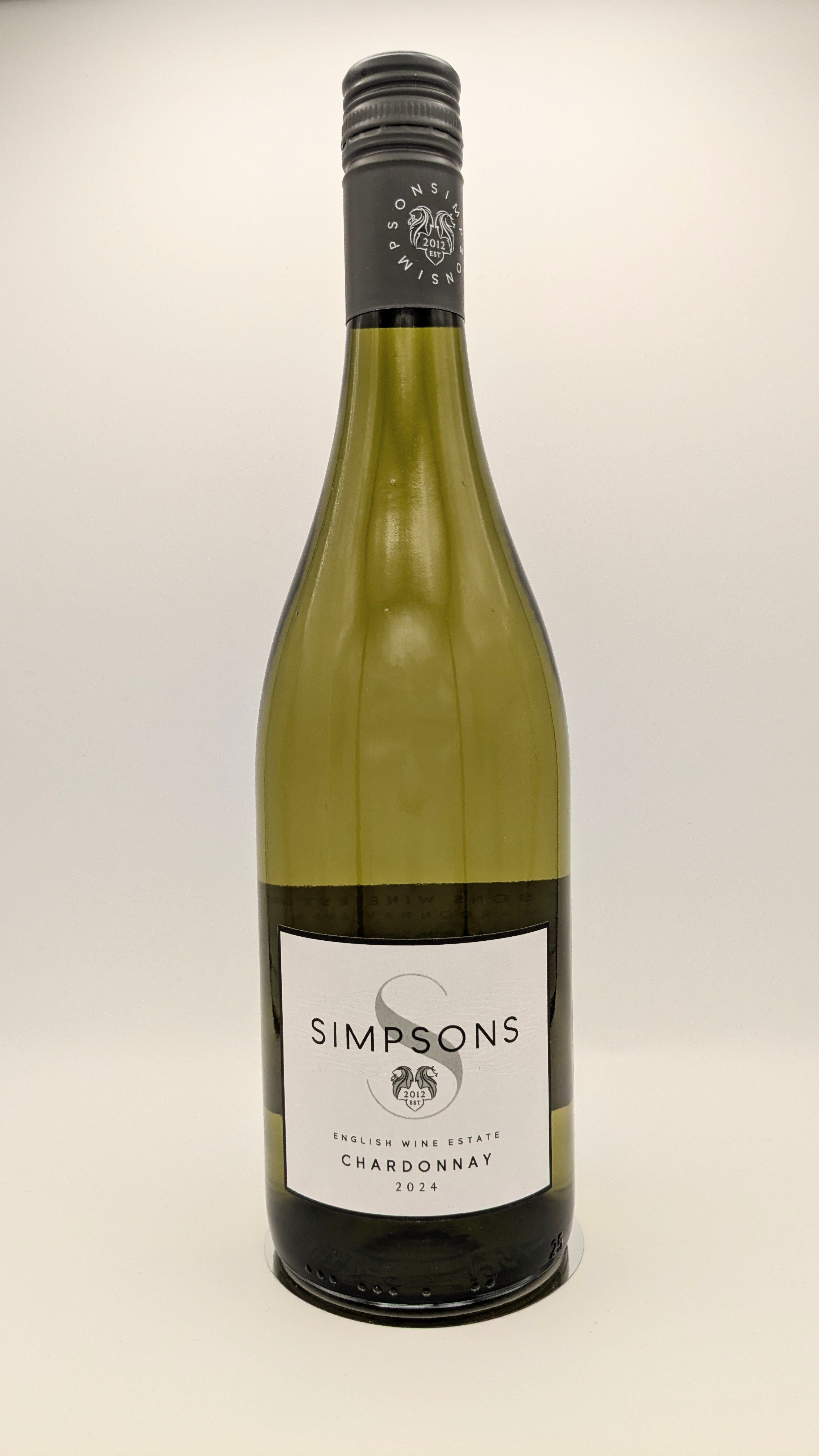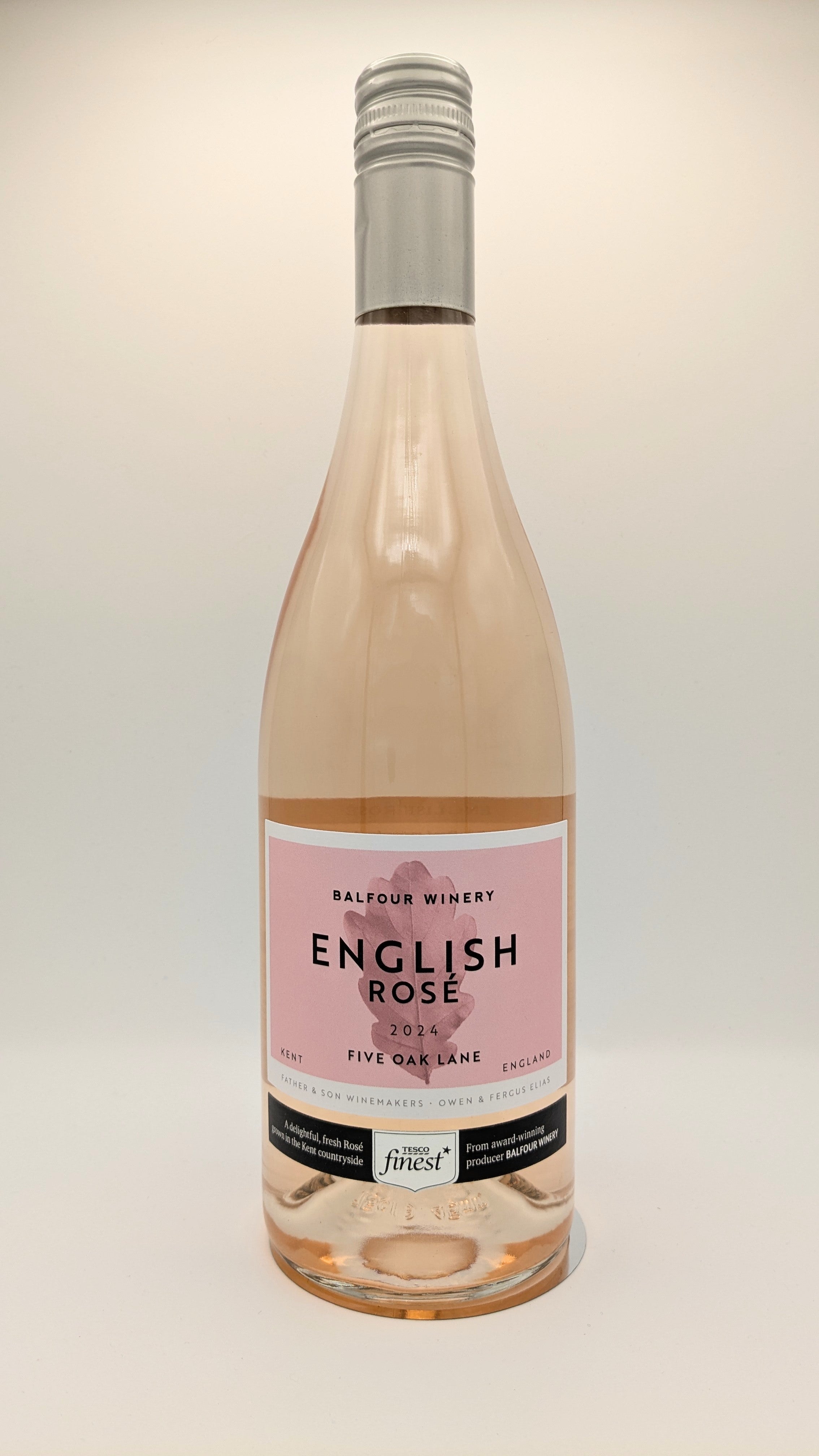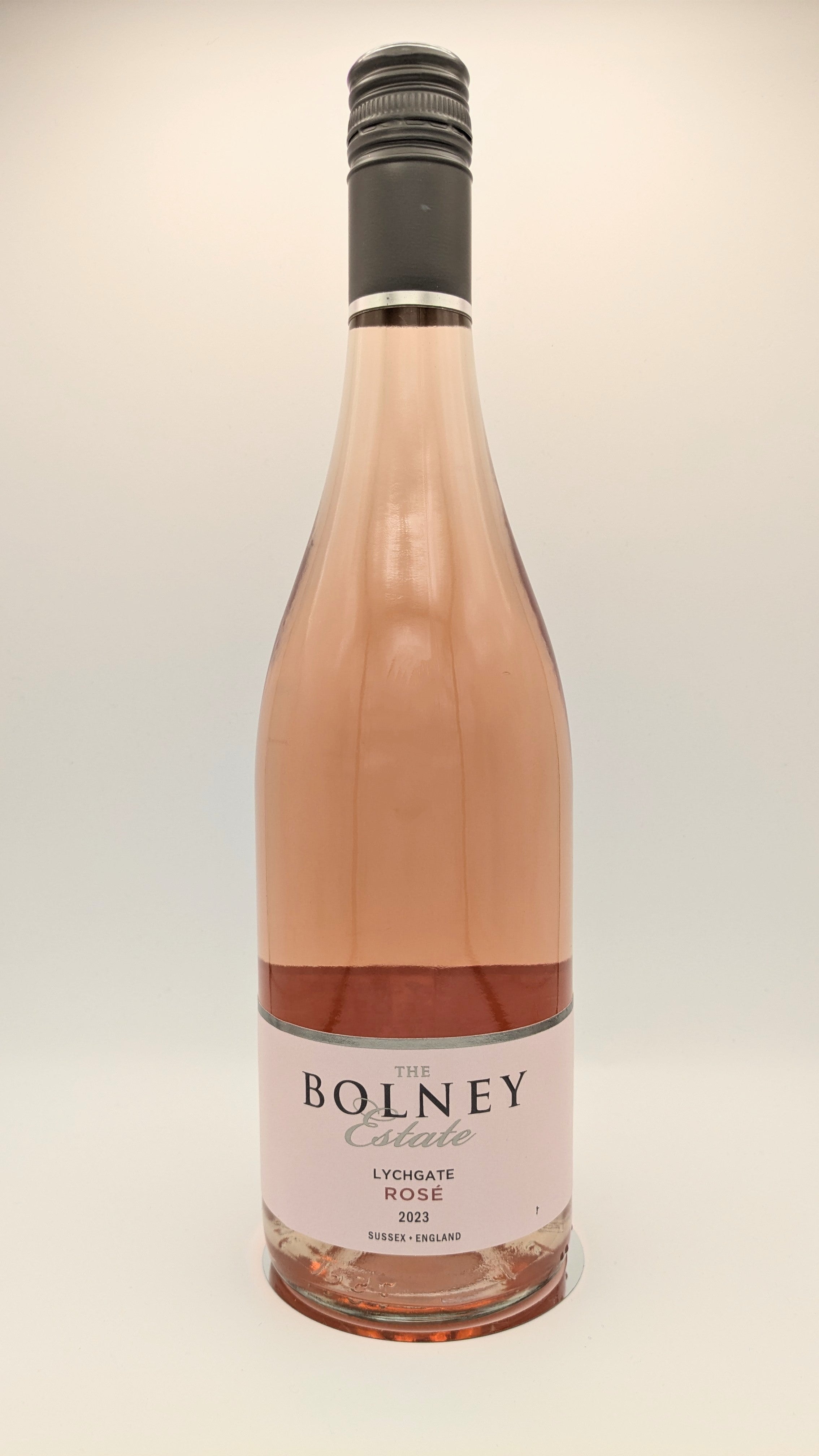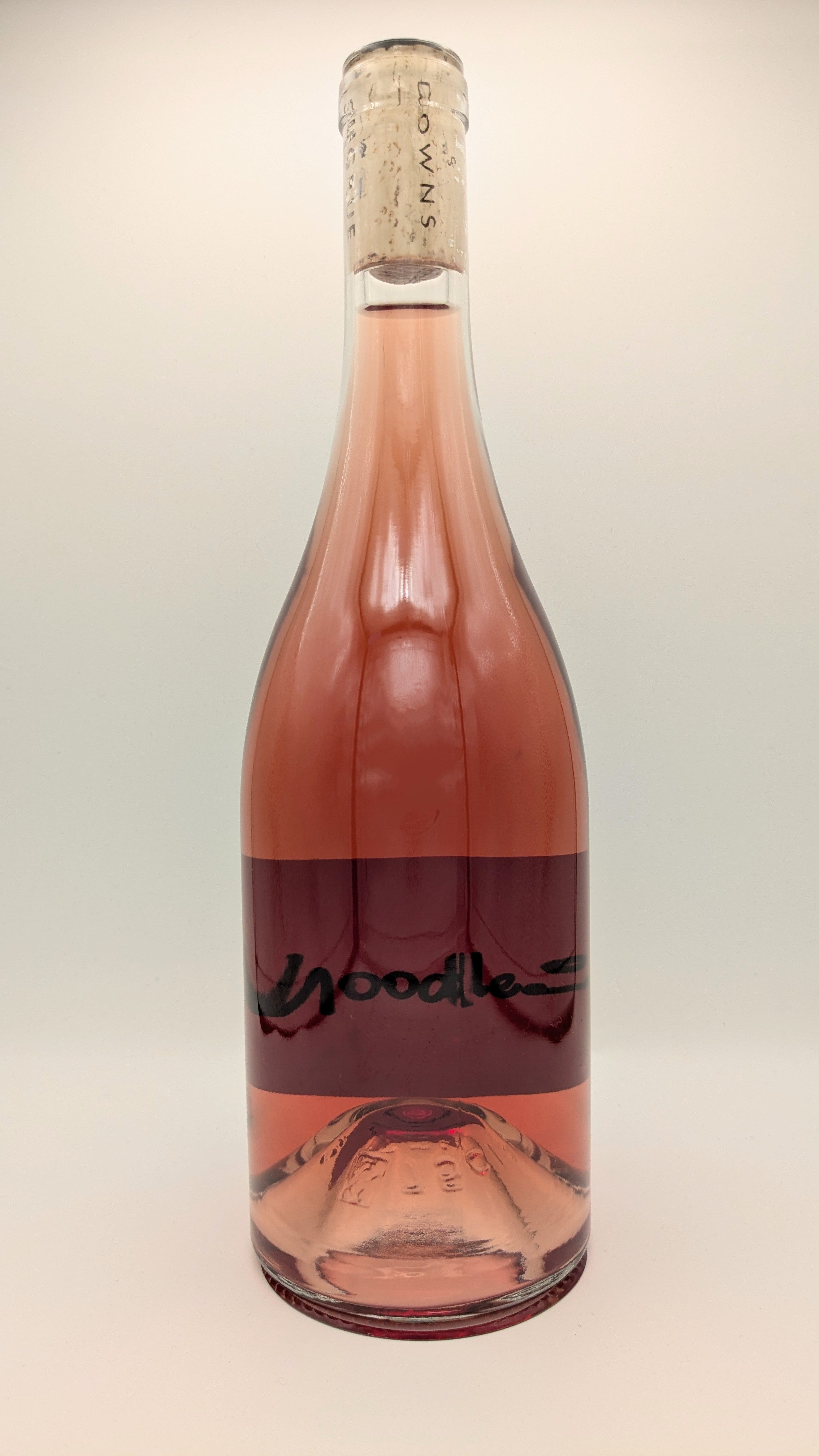In 1976, a group of French wine experts gathered in a hotel to blind taste some of the finest French wines against a lineup of Californian bottles. It became known as The Judgement of Paris.
At the time, Napa Valley wasn’t even considered as an internationally acclaimed wine region, and so it seemed completely obvious what the outcome would be. Spoiler alert: the French didn’t win.
Like all great stories, the underdog was victorious. In an unbelievably stunning upset, Californian wines dominated the judging, securing victories in both red and white categories against esteemed and notable châteaux and domaines from Bordeaux and Burgundy.
While I like a triumphant story like this, what I really love are tales of equality through their difference. Not just picking one as being “better” than the other – which is not particularly nuanced.
I feel like this has also been the pervasive narrative for some time now with English sparkling versus champagne. We seem to have had numerous “battles” and “judgements” akin to the tasting of 1976 – but I think that’s finally changing.
I was delighted when it was announced this week that Sugrue South Downs, The Trouble with Dreams, Sussex 2009 (magnum) won Best in Show in the highly respected Decanter World Wine Awards. There are a total of 50 Best in Shows awarded out of more than 17,000 wine entries, and it is the first time a magnum format has made it into the top 50 wines in the world.
Winemaker Dermot Sugrue said: “Getting this wine in the world’s top 50 confirms that England really is on the global stage when it comes to producing sparkling wines of the highest quality.”
English wine has come a long way since the days of hobby winemaking. Once we found our stride and planted appropriate grapes on the correct sites with good investment, we started to fly.
We have some truly world class winemakers making “best in show” wines, and Sugrue is the pinnacle of this. I know I’ve said it before, but he really is one of the world’s truly great winemakers and this win just further proves my point.
As Sugrue said on the award: “It’s no longer the outdated narrative of England versus Champagne when it comes to sparkling wine. Now it’s England and Champagne, because we really are on the world stage, alongside champagne and the other best sparkling wines in the world.”
They really are equal, different and both beautiful.
This news feels like a perfect high note on which to start English Wine Week, the annual celebration of all that’s great about English wine. But it should also be met with a renewed call on our government to lean in to supporting our domestic wine industry.
Wine GB’s first comprehensive wine tourism report published in 2024, revealed that “300 vineyards and wineries in the UK are now actively involved in wine tourism, with significant growth and investment forecast for the years ahead. There were 1.5 million visits to vineyards and wineries last year, up 55 per cent compared to 2022.” This isn’t just about people visiting; it’s the circular economic benefits that wineries and wine tourism can have on both local rural economies and the wider national economy, too.
One vital starting step would be for the government to implement a “cellar door relief” – a tax-relief scheme for wine producers selling directly to consumers at their cellar doors.
Wine GB has said that such a scheme would “encourage tourism and investment in the wine industry by reducing the excise duty on a set number of bottles sold on-site. This would help level the playing field with other alcohol producers* and boost the growing UK wine sector” (*this is in reference to beer and cider producers).
It would be a small measure that could have far-reaching impacts. For our wine industry to continue to grow and develop, it really does require coordinated, government-level support, and our industry deserves it.
As English Wine Week kicks off, what can we do as consumers? Well, drink more English wine for a start. We’re seeing ever-increasing numbers of still wines available, which are an affordable entry point.
So, this week, I’m recommending a selection of great-value-for-money bottles, which will hopefully whet your appetite for discovering more of what our home-grown wine sector is capable of. Here’s to the start of a glorious summer full of English wine.
Simpsons Estate Chardonnay, 2024
Available from Waitrose, £13 (RRP £17.25, on offer until 1/7/25), 12.5 per cent ABV

If you love zesty, racy whites then this lean and cool chardonnay from the brilliant Kentish producer Simpsons will be a perfect pour for you. It’s a glassful of bright citrus, crunchy green apples, with hints of fresh passionfruit and a taught, salty lick with refreshing mouth-watering acidity.
Tesco Finest English Rosé, 2024
Available from Tesco, £12.50, 11.5 per cent ABV

Made by the impressive Balfour Winery – who have a stellar roster of wines – this is a solid, “entry-level” English rosé made exclusively for Tesco. It’s not overcomplicated; expect tart redcurrants, cranberries and zesty pink grapefruit – just don’t pour with expectations of Provencal pink.
Bolney Wine Estate Lychgate Rosé, 2023
Available from Waitrose, £15, 10.5 per cent ABV

This is like a bowlful of summer pudding in the glass. A generous blend of pinot noir and meunier, this delivers so much concentrated fruit – think macerated strawberries, sweet pomegranate, ripe, squishy raspberries and a heady English cottage garden in full bloom. It’s lively and refreshing.
Dear Noodles Rosé, Sugrue South Downs, 2023
Available from Sugrue South Downs, £24, 12 per cent ABV

If I had to pick one wine to drink all summer long, I think it would be Dear Noodles – an homage to Dermot and Ana Sugrue’s beloved dog, who was a steadfast and loyal fixture in their vineyards. Reminiscent of the truly great rosés of the world, this is a glorious wine with bright cherries, crushed cranberries, and swirls of strawberries with fresh, light-as-air Chantilly cream. There’s the most appealing texture, with a dusting of tannic chew (thanks to time spent in old barrels) that supports a long, and generous finish. Outstanding.
Rosamund Hall (DipWSET) is The Independent’s wine columnist and a freelance writer and presenter. She specialises in wine and spirits as well as travel and lifestyle



